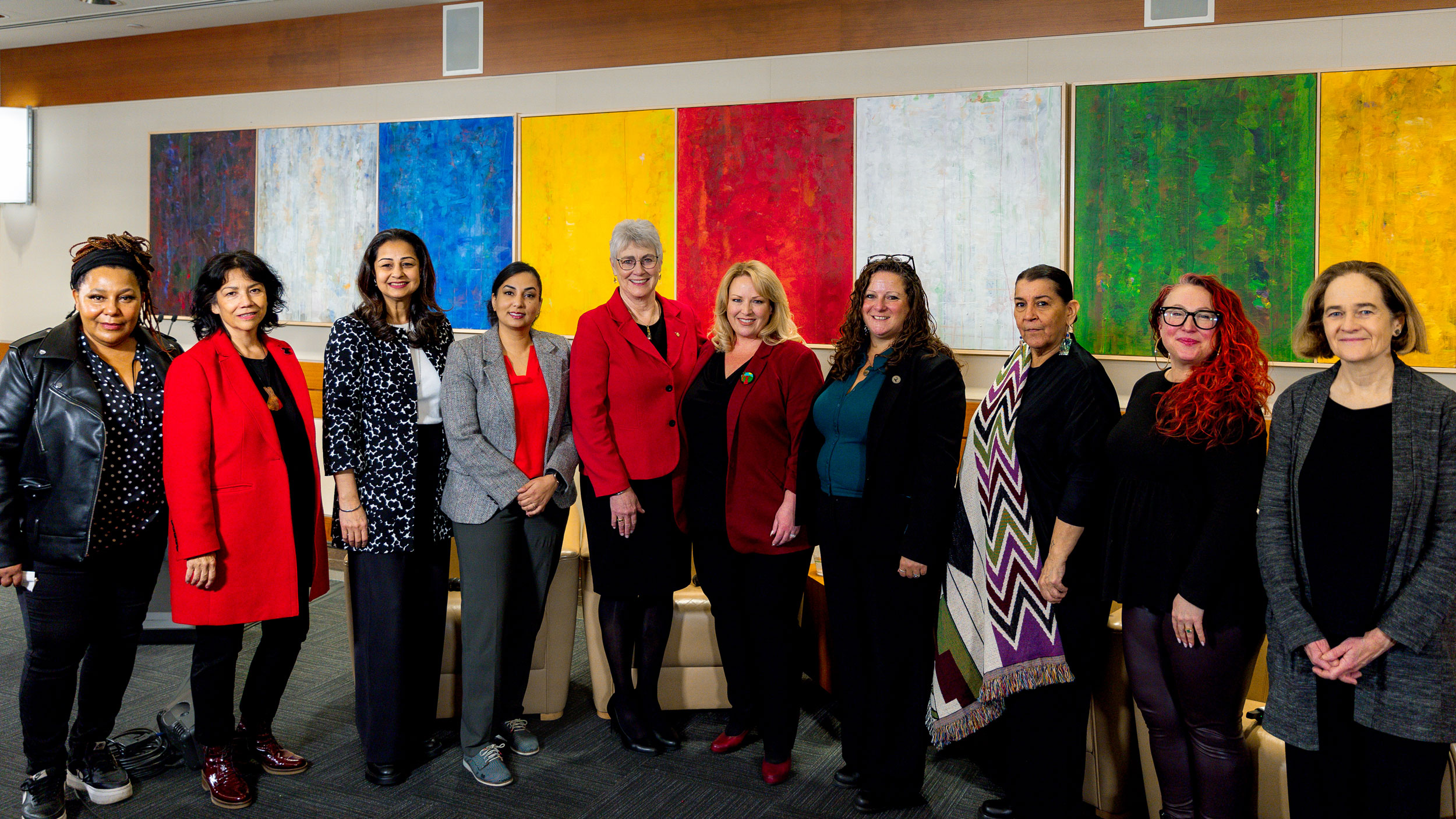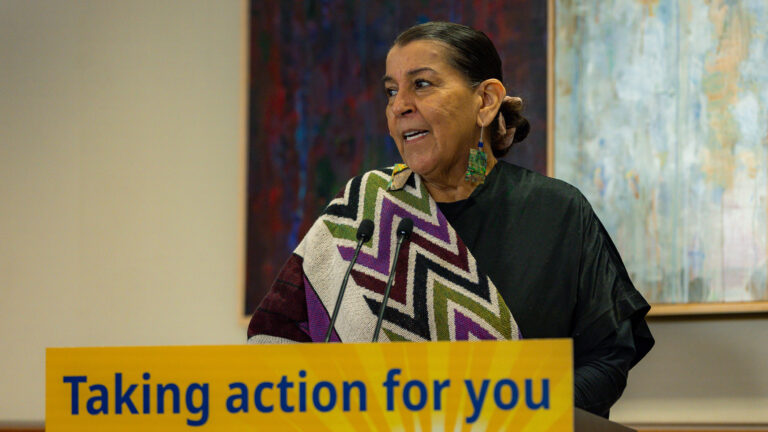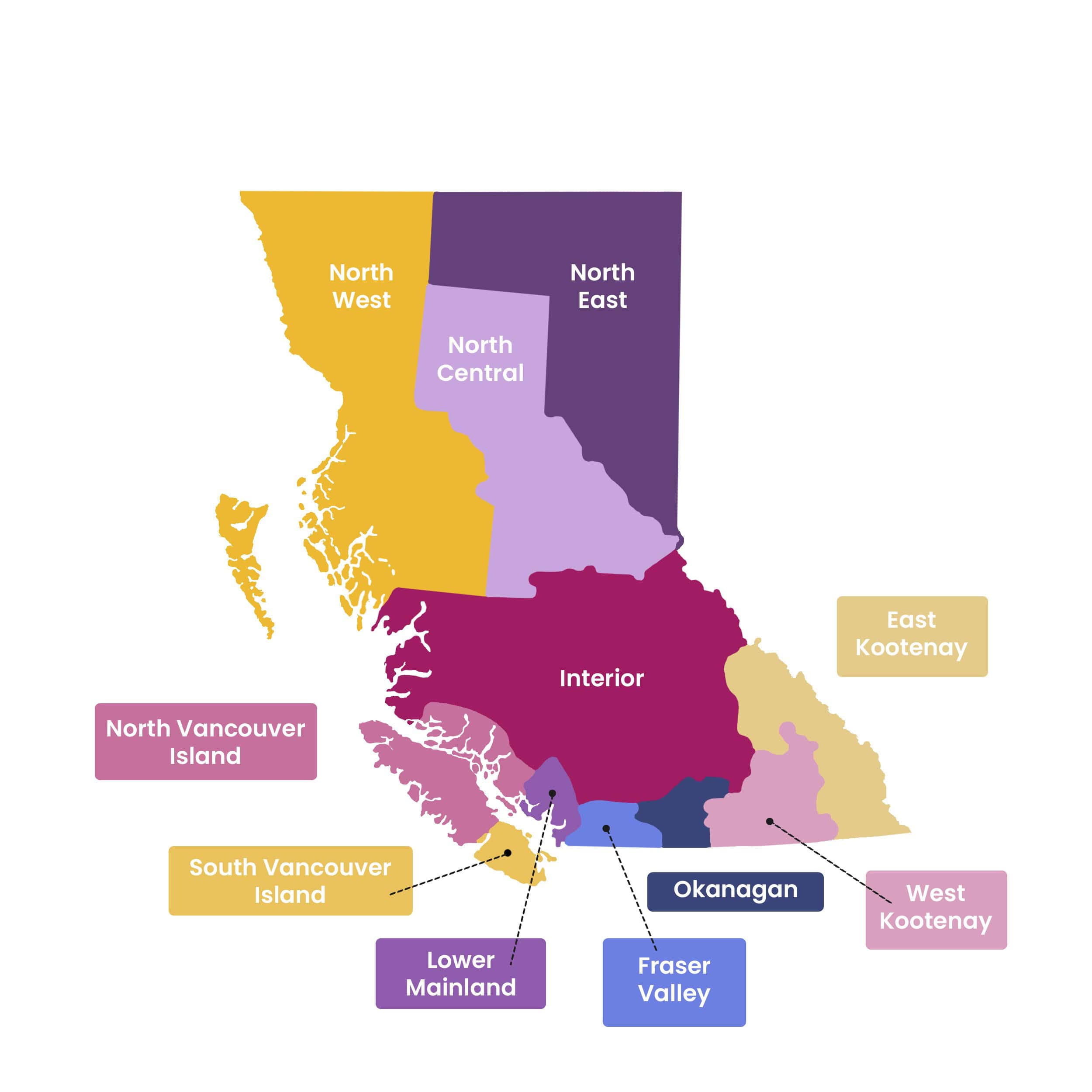The 16 Days of Activism Against Gender-Based Violence wrapped up with the launch in Vancouver of Safe and Supported: British Columbia’s Gender-Based Violence Action Plan on Sunday, Dec. 10, 2023.
Actions outlined in the plan include:
- increasing safety and supports for survivors,
- lifting up Indigenous-led approaches,
- breaking cycles of violence through prevention, healing and accountability, and
- learning from and monitoring our progress.
This plan follows the announcement on Friday, December 8, that the federal government is committing $61.9 million in new investments over four years for the plan under a new Canada-British Columbia bilateral agreement to end gender-based violence.
This federal funding is directed to “reduce critical wait lists, build capacity for community-based services, and address gaps for underserved communities.” And “more than half of new funding will be invested in Indigenous-led initiatives to be announced in the coming months.”
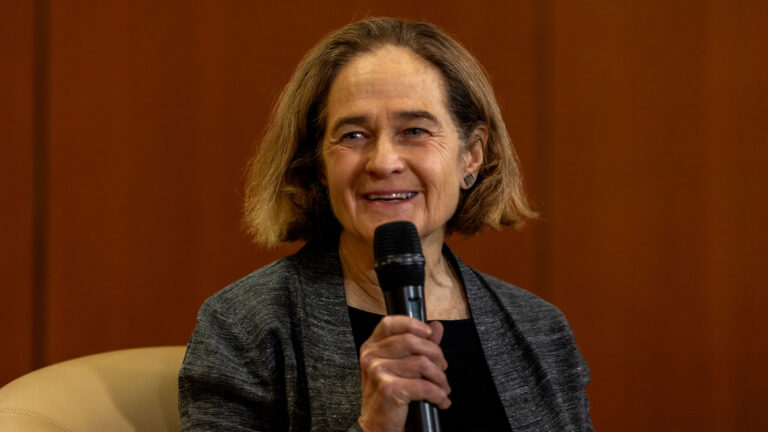
Amy FitzGerald, Executive Director, BC Society of Transition Houses (BCSTH).
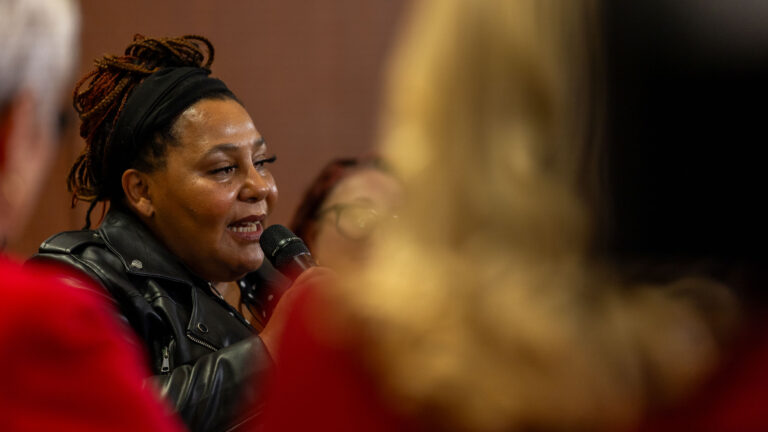
Angela Marie MacDougall, Executive Director, Battered Women's Support Services (BWSS).
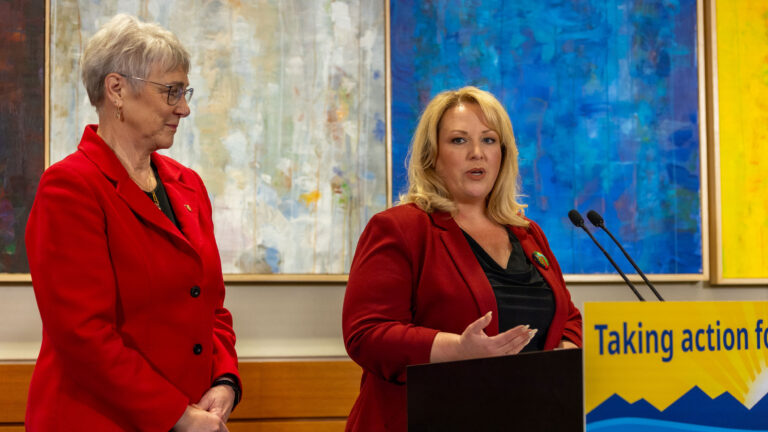
Minister of Finance of BC, Katrine Conroy and Kelli Paddon, Parliamentary Secretary for Gender Equity, Province of BC.
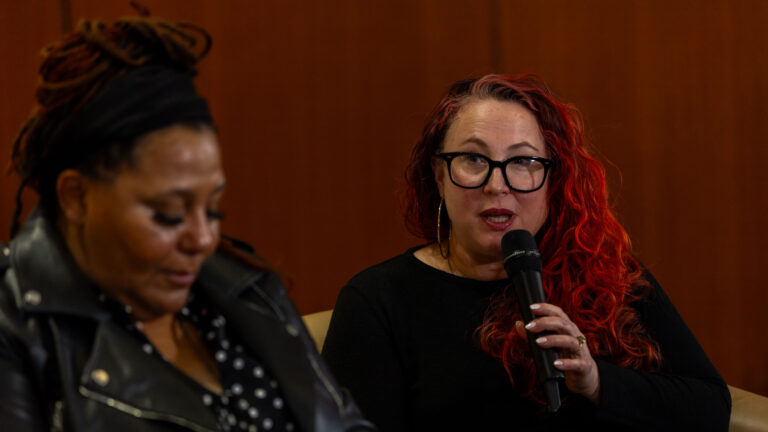
Dalya Israel, Executive Director, Salal Sexual Violence Support Centre.
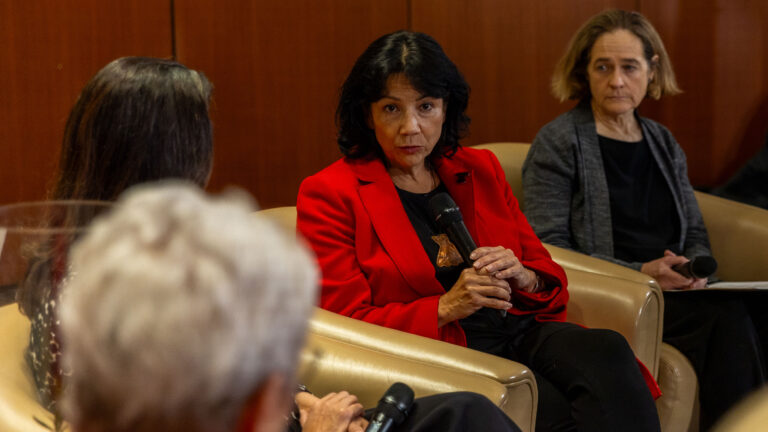
Leslie Varley, Executive Director, BC Association of Aboriginal Friendship Centres.
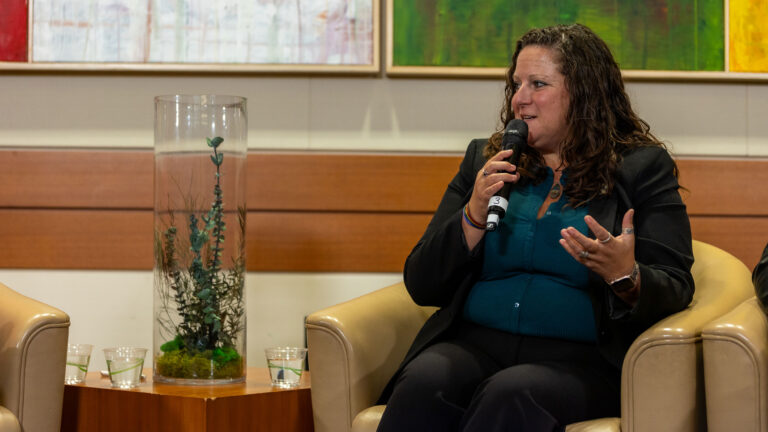
Sussane Skidmore, President, BC Federation of Labour.
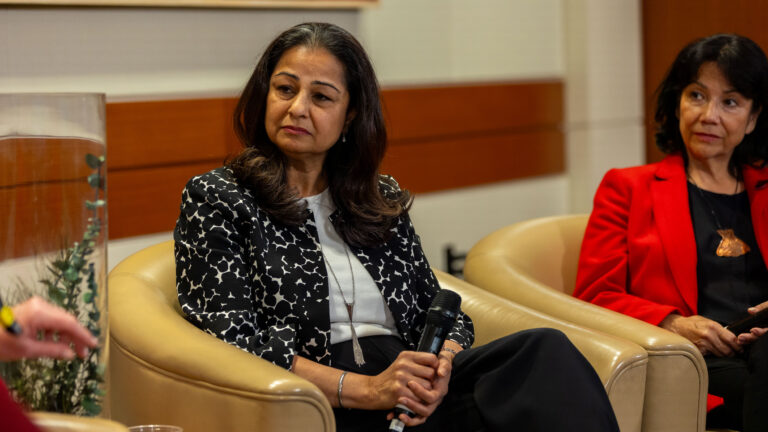
Ninu Kang, Executive Director, Ending Violence Association of BC (EVA BC).
Together with this funding the provincial plan will contribute to projects already underway including:
- $1.2 billion over 10 years to create safe spaces and housing for women and children leaving violence;
- expanded cell service to make travel safer;
- 75 new sexual assault programs, including five sexual assault centres;
- new 24/7 crisis lines;
- new policing standards;
- and stronger victim supports and other programming supported by the continuing funding of more than $60 million from the Province each year for gender-based violence supports and services.
EVA BC’s executive director, Ninu Kang, represented EVA BC as part of a committee of representatives from the anti-violence sector that advised BC’s Gender Equity Office on the creation of the plan.
“This plan was created by actively listening to the knowledge and expertise held by survivors, communities and those who understand the systemic barriers that individuals face when accessing supports,” she said. “British Columbia’s communities must remain centred on elevating Indigenous approaches and working collaboratively to implement and monitor the plan’s outcomes.” She noted that the plan is “one more step in our continued work to ensure safety for survivors and our communities.”
See the press release here.

